The part is a 345mm x 60mm spice rack that mounts to the inside of our pantry door.
About 7 years ago, I made four spice racks out of wood and painted them to match our cabinet door. Wear and tear (and kids) have resulted in them getting glued back together multiple times. I finally gave up, modeled the design, and have been printing replacements in PETG as they fail. So far they've been holding up a lot better. They're also a touch deeper than my original wood design, so they can fit the round spice island containers more easily.
In the past, I had to print these in two halves on my i3 clone (a Monoprice Maker Select Plus, which is a rebadged Wanhao Duplicator i3 Plus). Now that I have a printer with a 350 mm^2 bed, I thought I would see if I could print the rack in one piece. My single ASA attempt was an epic fail due to warping, but the PETG print went very smoothly with very minor lifting. I've read others say PETG does not like enclosures, but I've printed a number of PETG parts with my Voron fully enclosed and they've come out very well. I struggled with PETG warping on larger parts with my unenclosed i3 clone.
Here are a few photos comparing a rack I printed on my i3 clone to this one. The print quality is quite a bit better, but now that I have a higher ceiling to shoot for I'm realizing I have a further to go on my tuning journey. I will say that I never noticed things like the Slic3r buldge, that's also present in Super Slicer, until now.
I personally find it helpful to see other's prints under unflattering lighting, so with that said...
Somewhat flattering lighting (eg ambient)
Voron:
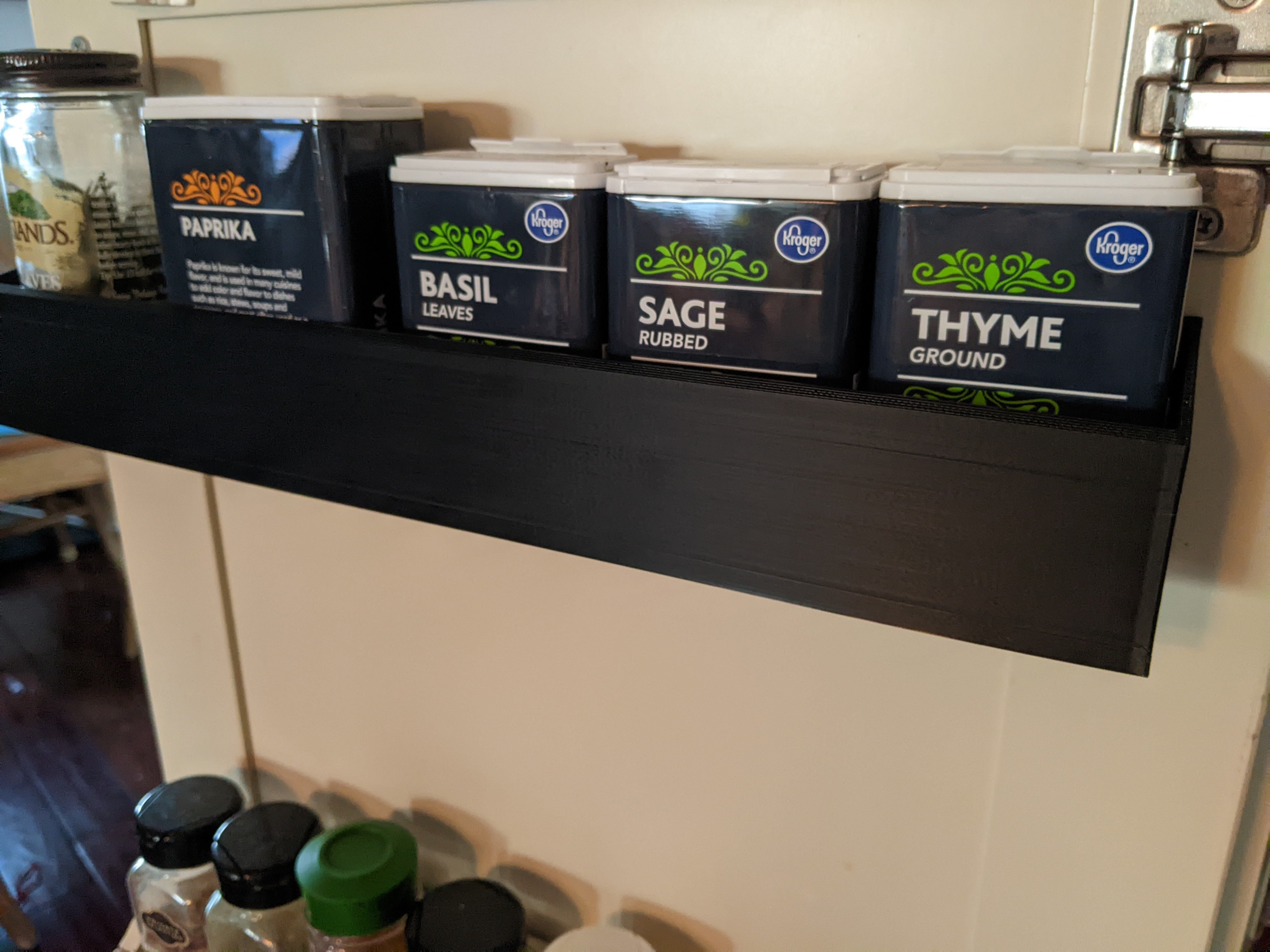
i3 clone:
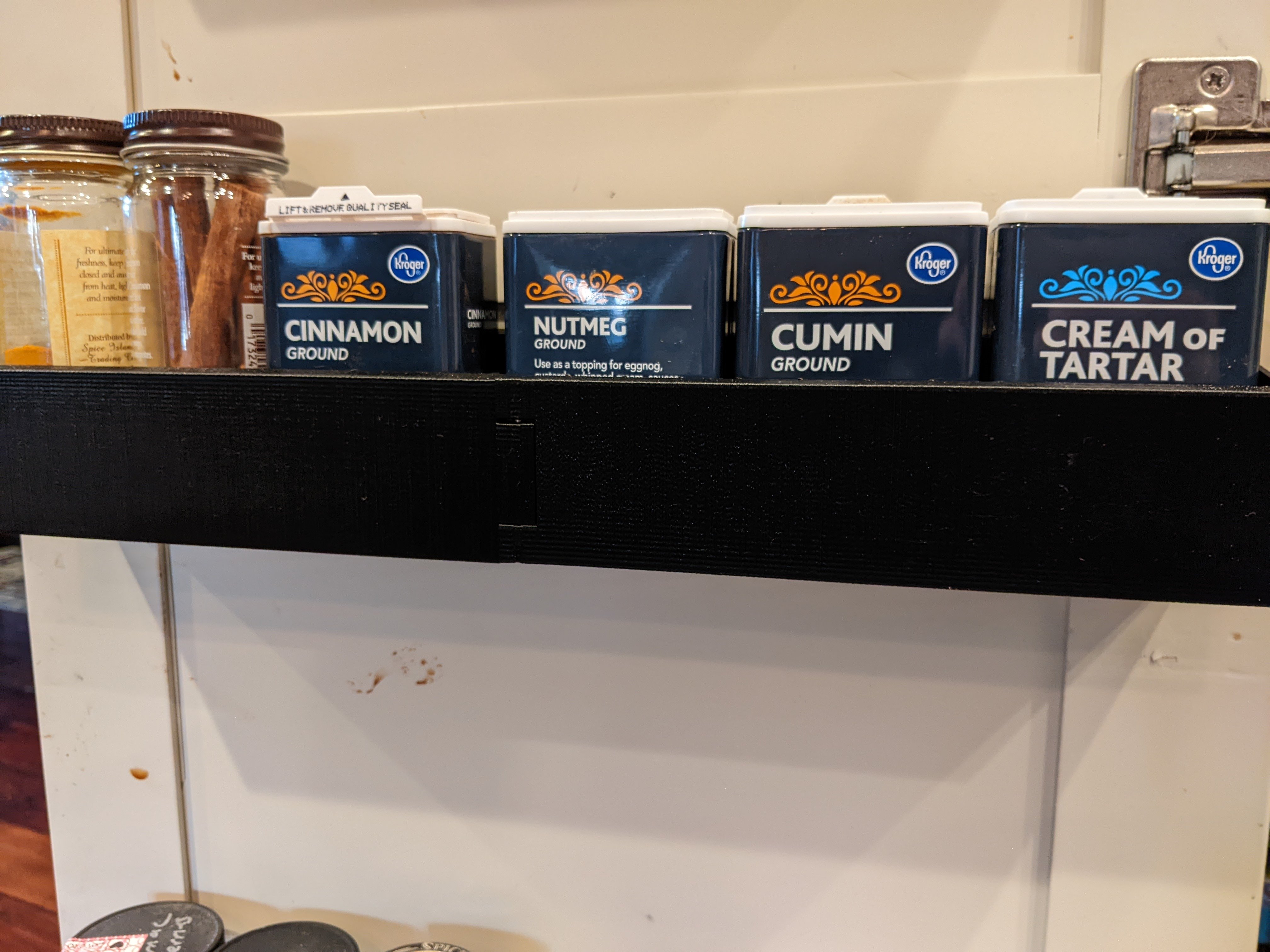
Direct light, provided via a flashlight, perpendicular to the surface
Voron:
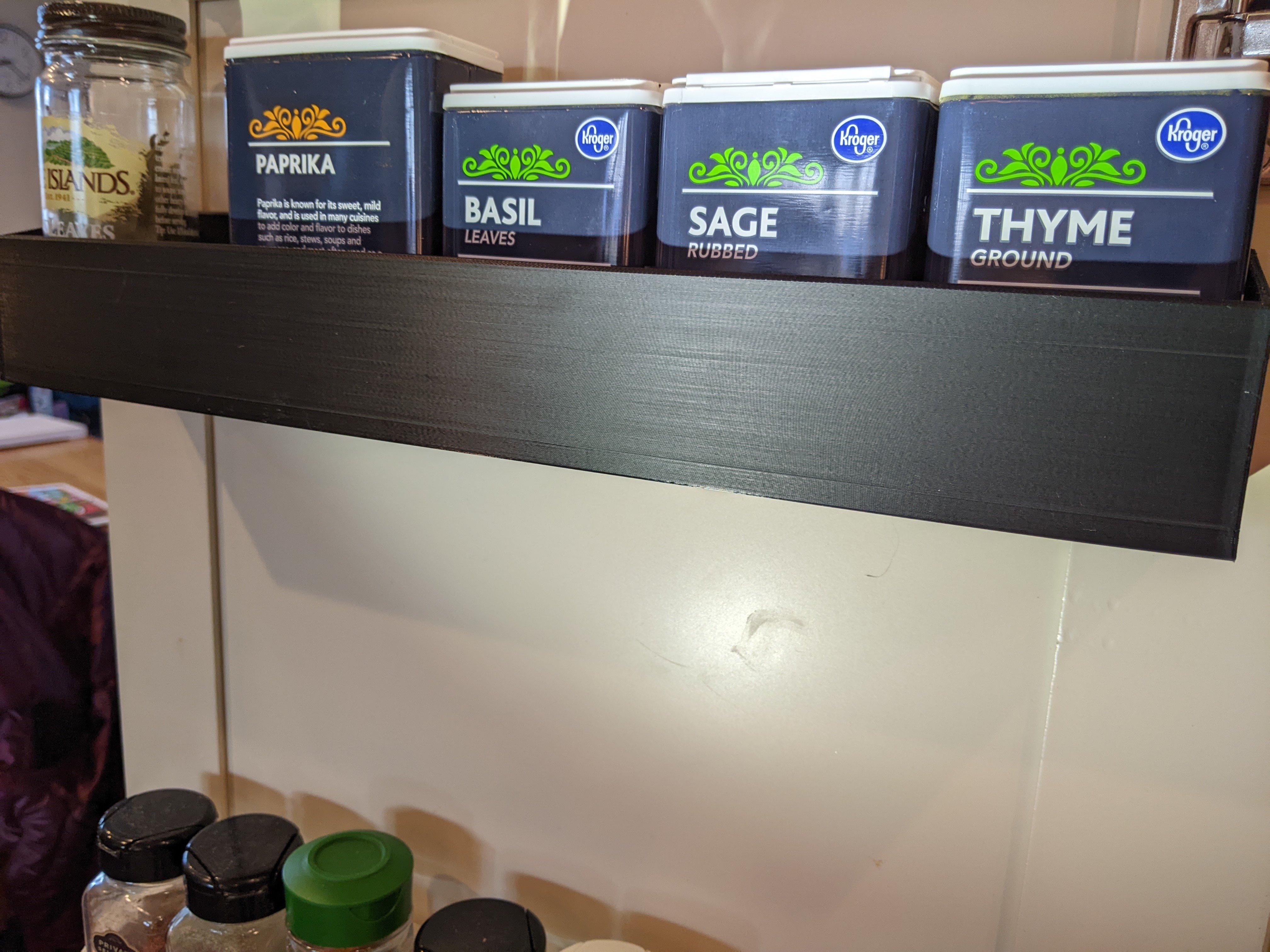
I3 clone:
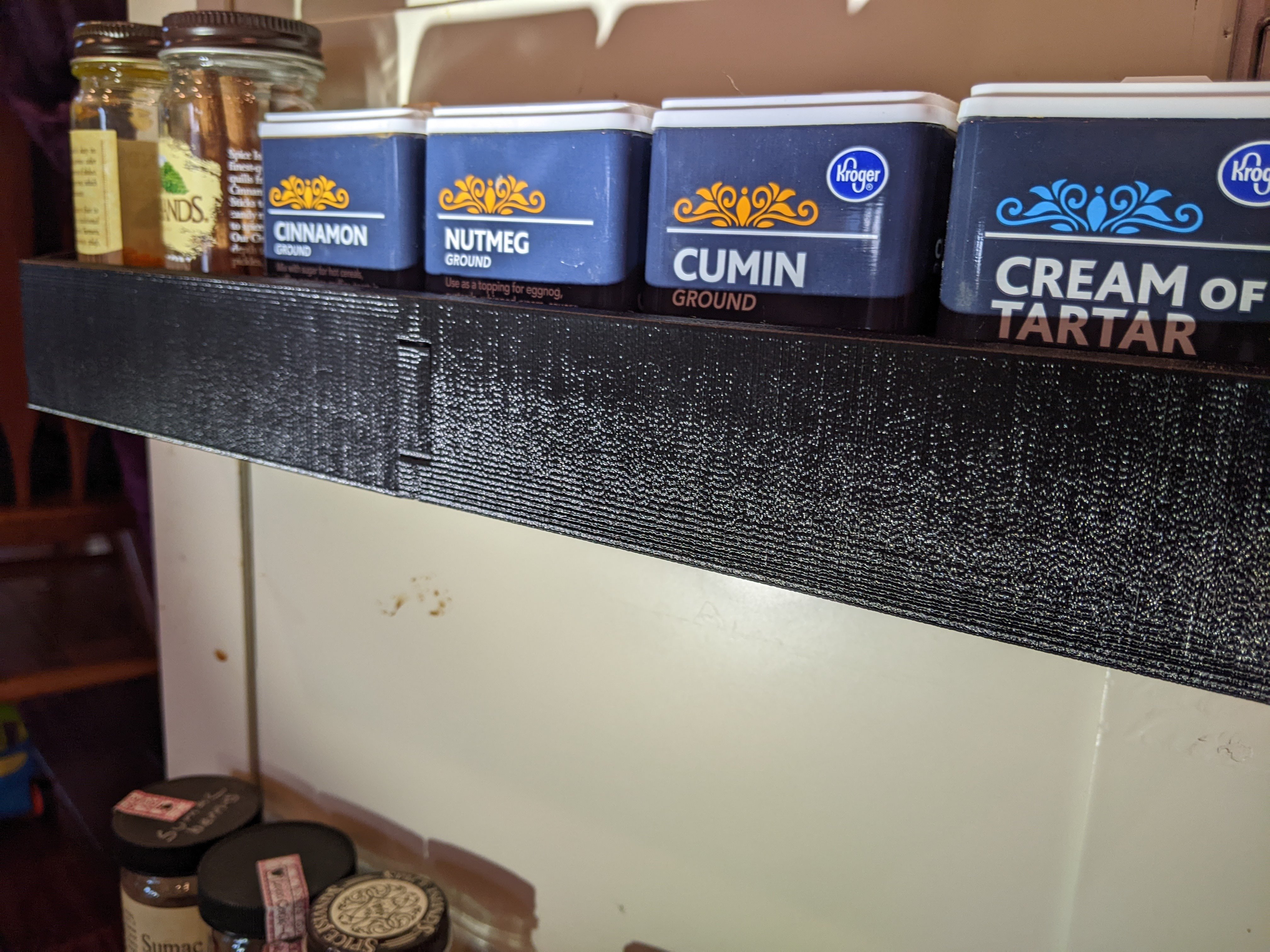
direct light, provided via a flashlight, nearly parallel with the surface
Voron:
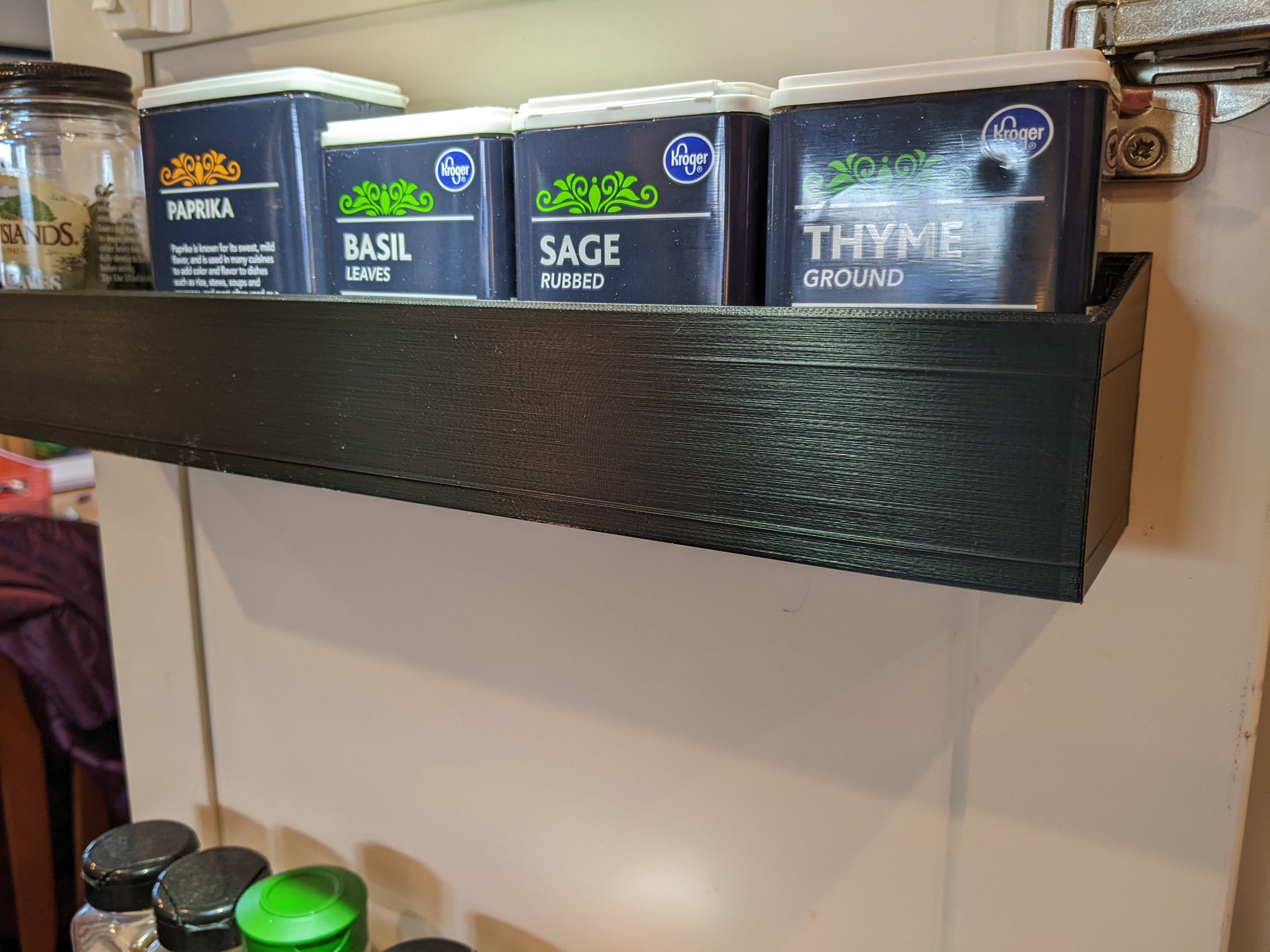
i3 clone:
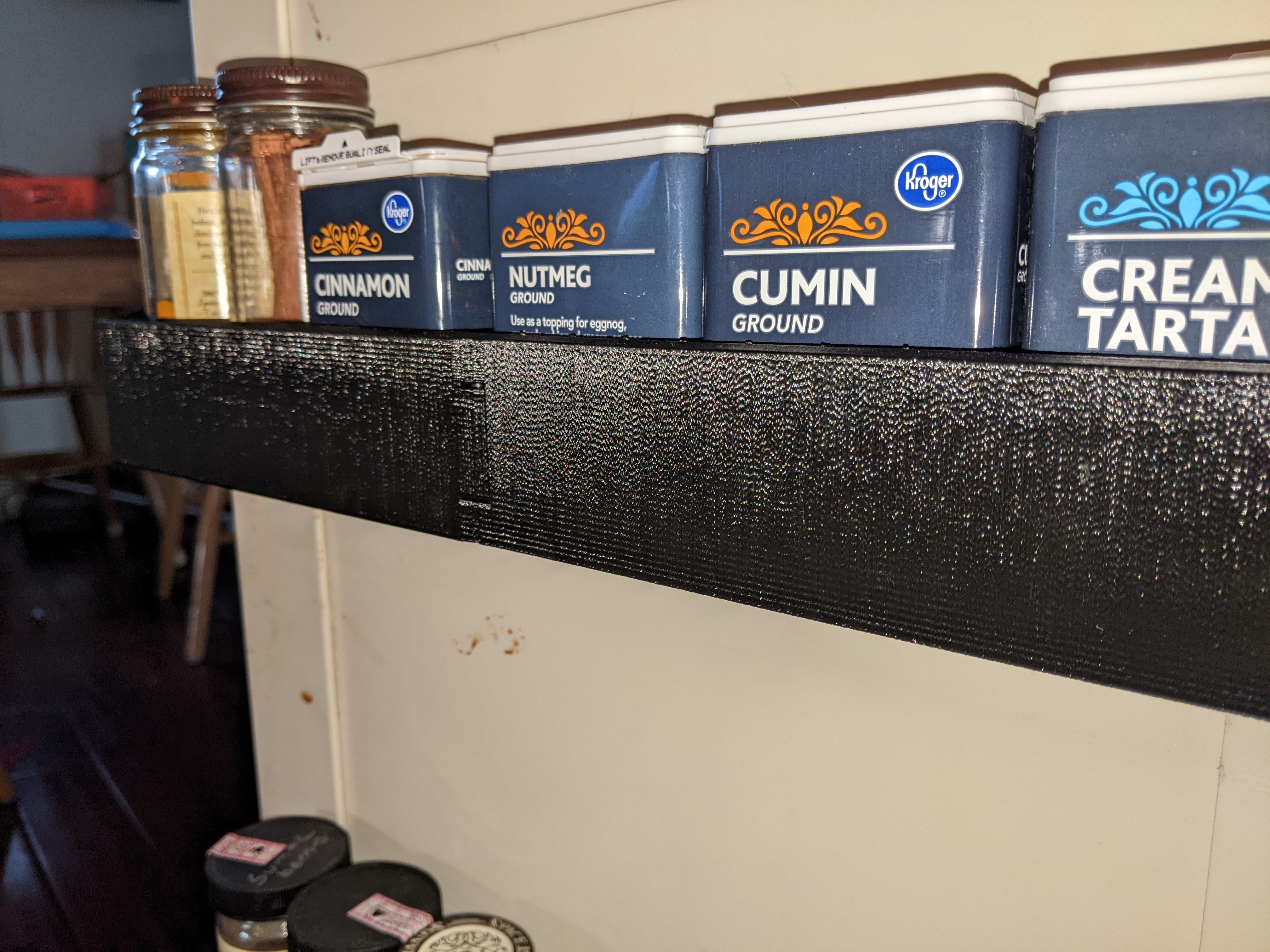
Bonus photo of my ASA attempt
Sadly, I forgot to change my print temp back from 250 to 240, so there's quite a bit of wispy stringing. I suspect the print would have separated from the bed anyway. Any pointers here would be appreciated. The bed was clean (soap + water), was at 100, I let the printer heat soak for about 45 minutes with the filter going full tilt, first layer squish was solid good, smooth PEI (the textured side seems to have prints come loose more easily).
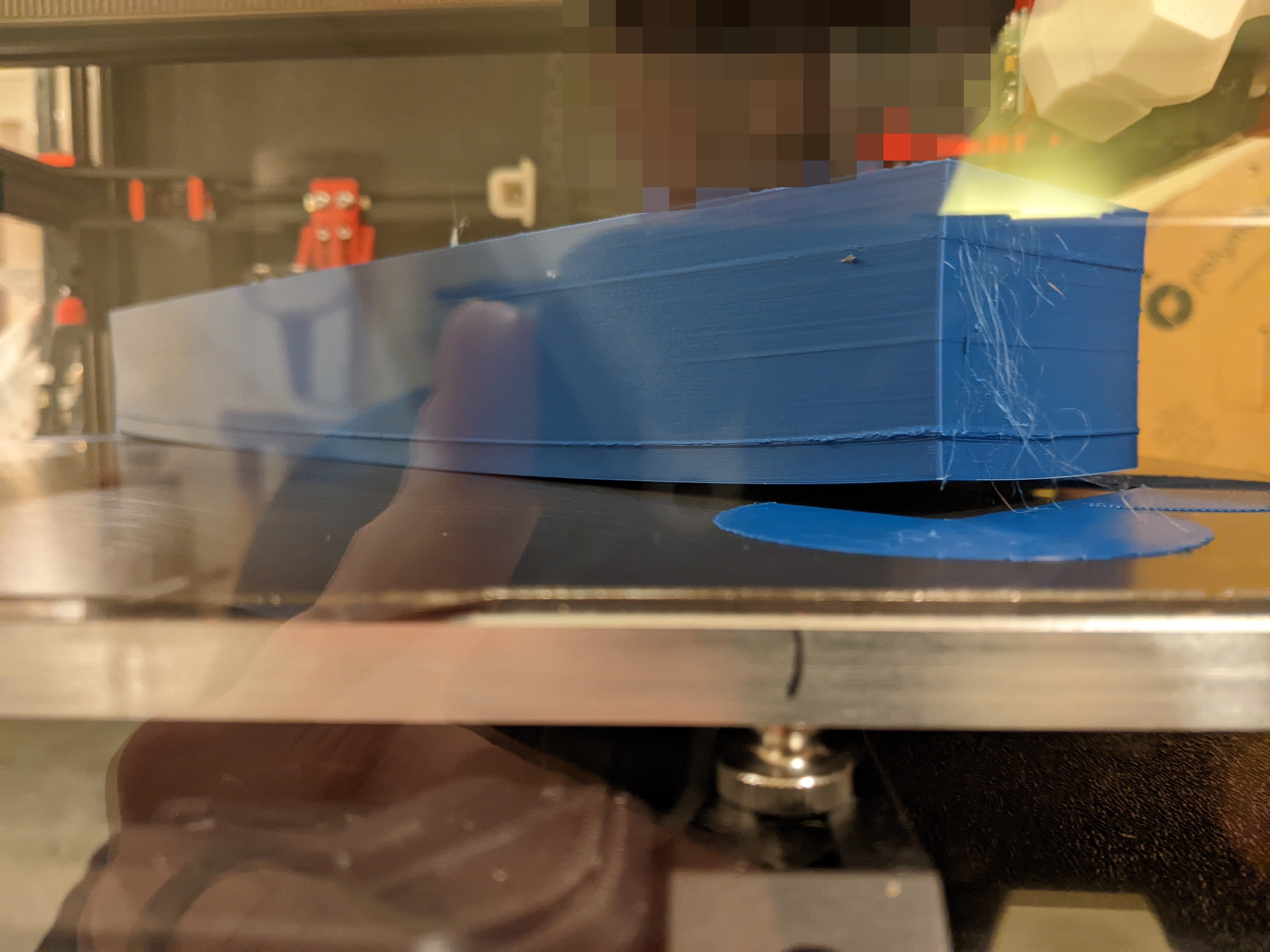
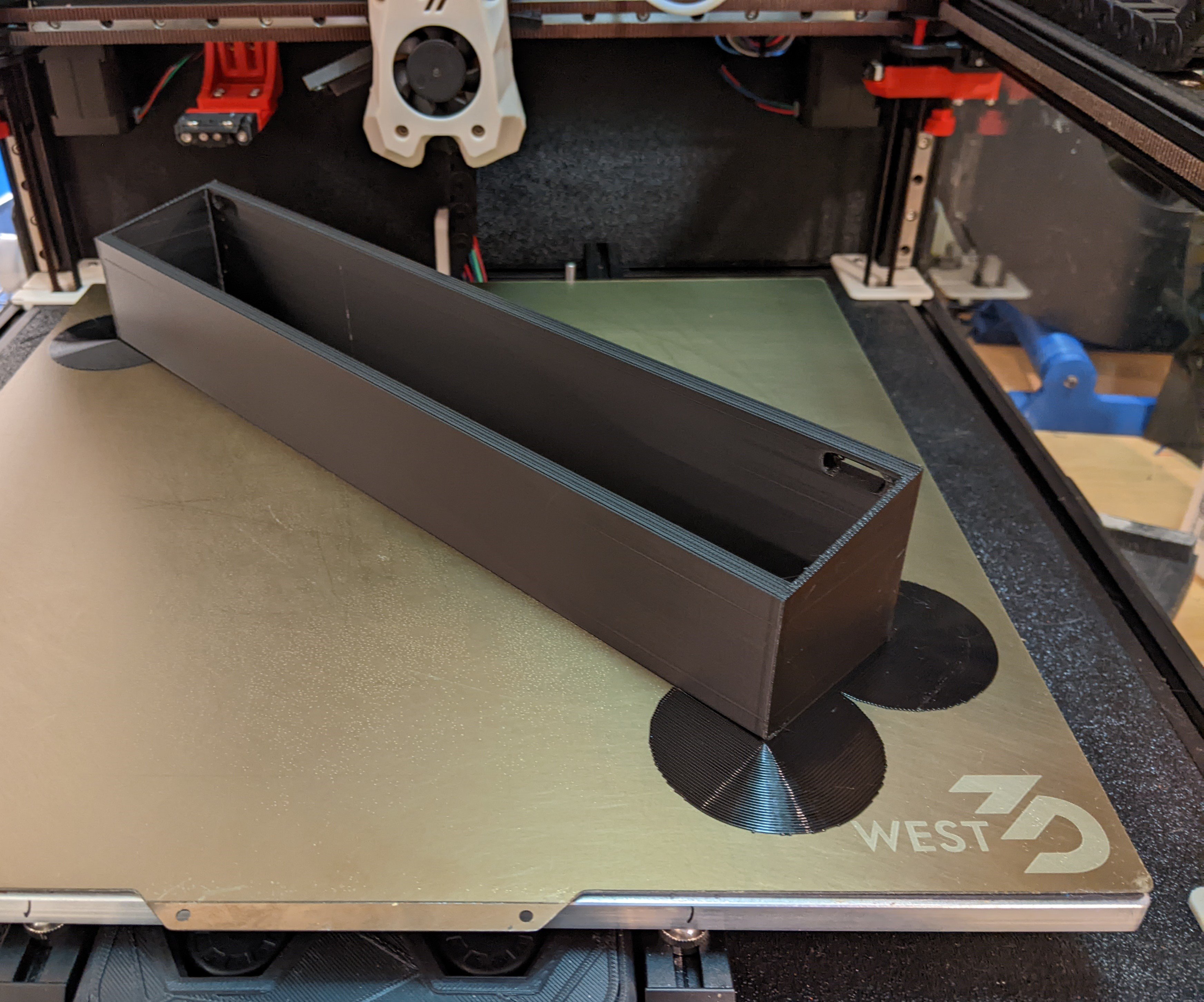
Chamber temps need to be higher for such a long skinny print because it will contract significantly lengthwise. The fun part is that if you get better bed adhesion without higher chamber temps then it could bend the whole bed sheet into a taco temporarily. Try setting your bed at 110C for an hour before printing with the part fan blowing on the center of the bed to help circulate the air.
Haha, I've seen tacoed mag bed photos and know exactly what! Pure talking about. I'm wondering if this size/aspect ratio is even possible. I've printed large round ASA parts with no issues, but don't know what design patterns do/don't lens themselves to the material.
I'll have to try a longer heat soak. I'm also thinking I should try more bedfans...
I have the nevermore under my Voron2 300 and it still struggles with prints like you posted. Switching from ACM to Plexiglass panels helped improved insulation somewhat. The hack that I use in a pinch for big prints is a terrarium heat lamp with temp control hanging from the top of the printer.
Supposedly, the filter does a better job with air flow but in either case, two fairly small fans in a bigger enclosure seems destined for struggle.
A heat lamp isn't a bad idea. Did it solve your warping issues? Before I go that route, I'm tempted to try adding two more bedfans first. I should also add a chamber thermostor vs just waiting for a fixed time period.
When you said switchfrom ACM to Plexiglass, I'm guessing you meant the other way around (eg you have ACM panels now)? Where did you get them?
The heat lamp did help for the couple parts I was having issues with. I now mostly use a mini trident for most of my ABS printing. The heat lamp only comes out when I need to do a large print on the Voron2.
There was a Nero3D (Canuck Creator) video a while back where he said acrylic is better at insulating than ACM so I went from ACM to acrylic. Plus the smoked translucent acrylic looks better. I bought the ACM from PrintedSolid originally and have since reused it for other projects.